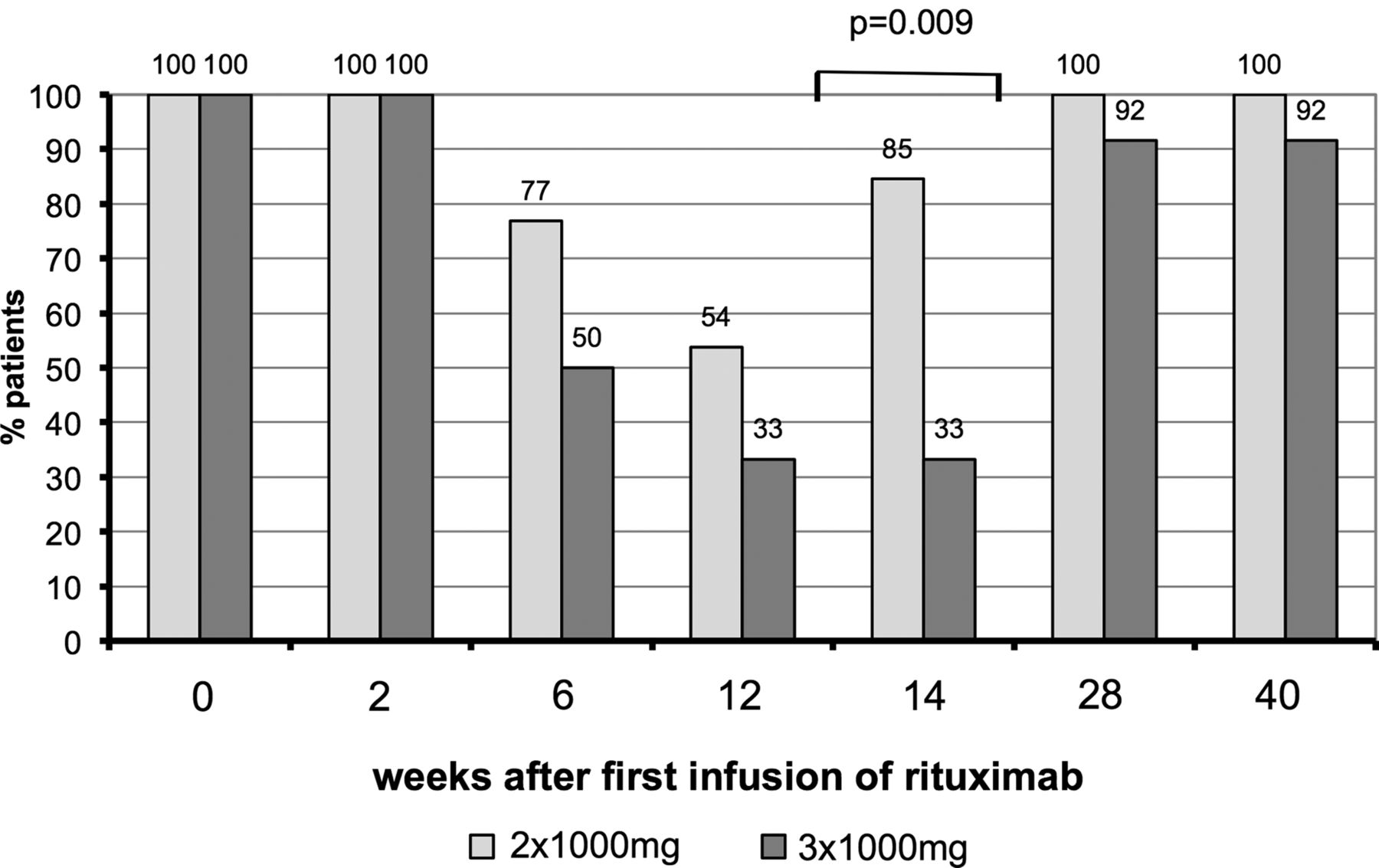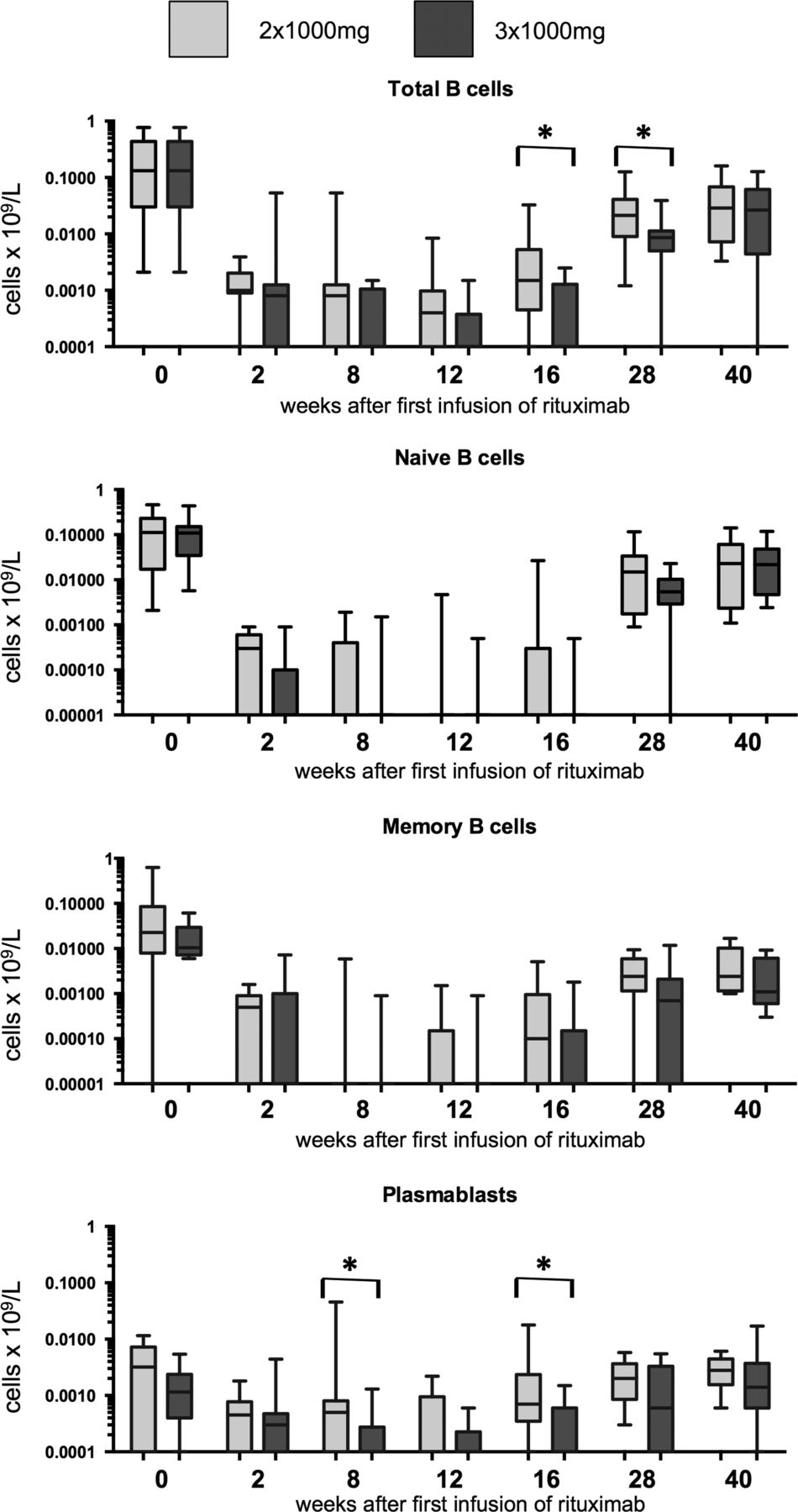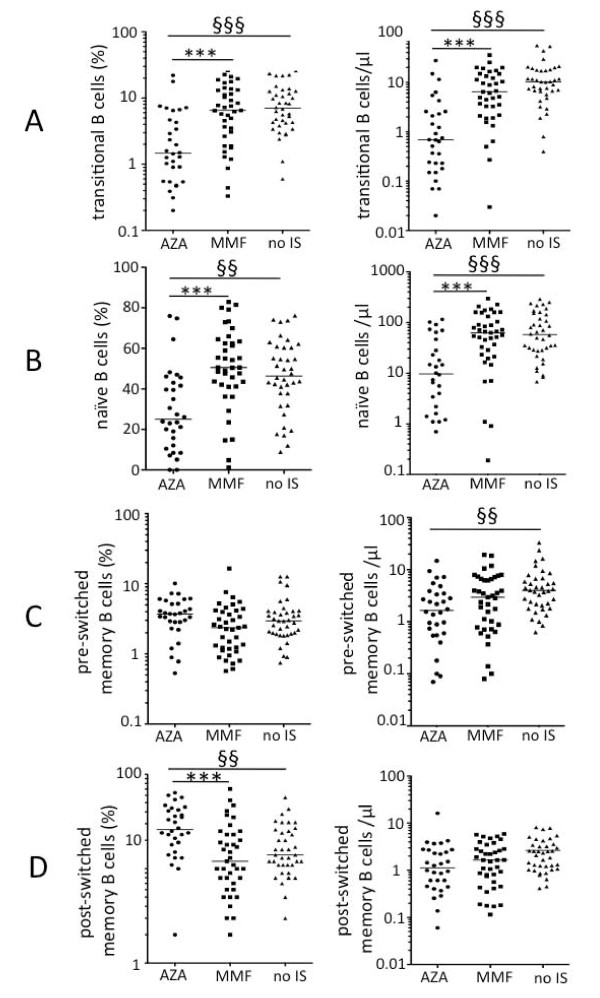Kati
Patient in training
- Messages
- 5,497
That's your opinion, but you will find out there are people desperate for relief of their symptoms out there. In the oncology world and in rheumatology both drugs are given on a very regular basis for both patient groups.Given its risk profile, it seems like cyclophosphamide isn't going to be worth using at all in CFS if it's not going to produce long remissions. Even if it leads to remissions lasting for a year or two, it seems like it would be exceedingly dangerous for someone to do a 6-month, 6-infusion cycle every one or two years -- so dangerous that it's not really an option.
Many people out here opt for lighter and more natural treatments, which is fine, however I would not discount the very important work that Dr Fluge and Mella are doing in running these trials to truly find out whether both these treatments are valuable for patients with ME. It sounds like so far the answer is yes.
Thanks for their willingness and curiosity, these drugs might well be the first in line for FDA approved treatments, because Ampligen is sadly still being stalled. Getting FDA approved treatments is a huge deal for a disease, it's like giving big pharma permission to do drug development.
Last edited:



